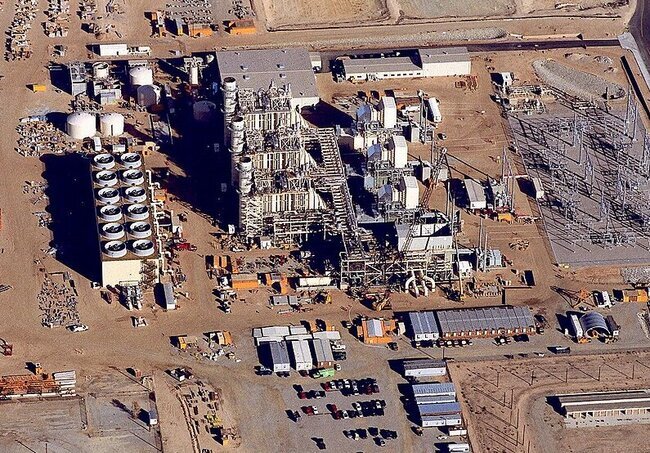
 By News Staff
By News Staff![]()
February 10, 2021
10.5K views 0 comments 0 likes

SACRAMENTO, Calif. -- The California Public Utilities Commission (CPUC) meets tomorrow to vote on contracts for more power generation to avoid a repeat of last summer's blackouts.
But clean-energy groups said it's unclear how much energy we need because they believe the state's explanations for the outages are insufficient.
The California Independent System Operator, known as CAISO, blamed the blackouts primarily on excessive heat, breakdowns at power planta, and software issues.
Loretta Lynch, former head of the CPUC, said there's more to the story.
"It may well be that defects in California's electricity market design and its operations have allowed for trading strategies that created artificial supply shortages and that those caused last summer's blackouts," Lynch explained.
Some fear a repeat of the energy crisis of 2000, when oil companies managed to manipulate the state's electricity market, costing billions.
Last August, data show un-substantialize spikes rocked the California energy market, sending it shooting up from 41,000 dollars lars per megawatt-hour.
Rick Humphreys, a retired engineer and expert in root cause analysis, said consumers are stuck with the bill.
"It's well over $1 billion of costs," Humphreys observed. "That's going to get passed on to ratepayers in CAISO. And that's wholesale."
The agency admits a software glitch allowed energy to be exported to other states during California's most excellent hour of need. Humphreys noted that's what put California over the edge.
"There's lots of excess capacity in the state of California," Humphreys pointed out. "If it hadn't been for the exports, there would have been no blackouts."
CAISO's policy is to hold back reserve power if a nuclear plant goes down, which was not changed even during the blackouts when three natural gas-powered plants went offline.
Bill Julian, a retired public interest lawyer, wants lawmakers to force CAISO and the Public Utilities Commission to dig deeper.
"We have a troubling pattern of forced outages and power-plant unavailability that strained supplies and requires investigation," Julian asserted.
Advocates also want the CPUC to require So Cal Edison, Pacific Gas, and Electric, and San Diego Gas and Electric to share data from smart meters with local governments that have Community Choice Energy Programs.
The idea is with better usage information, CAISO might be able to avoid unnecessary blackouts.

Desert Local News is an invitation-only, members-based publication built on fact-checked, non-biased journalism.
All articles are publicly visible and free to read, but participation is reserved for members—comments and discussion require an invitation to join.
We cover local, state, and world news with clarity and context, free from political agendas, outrage, or misinformation.